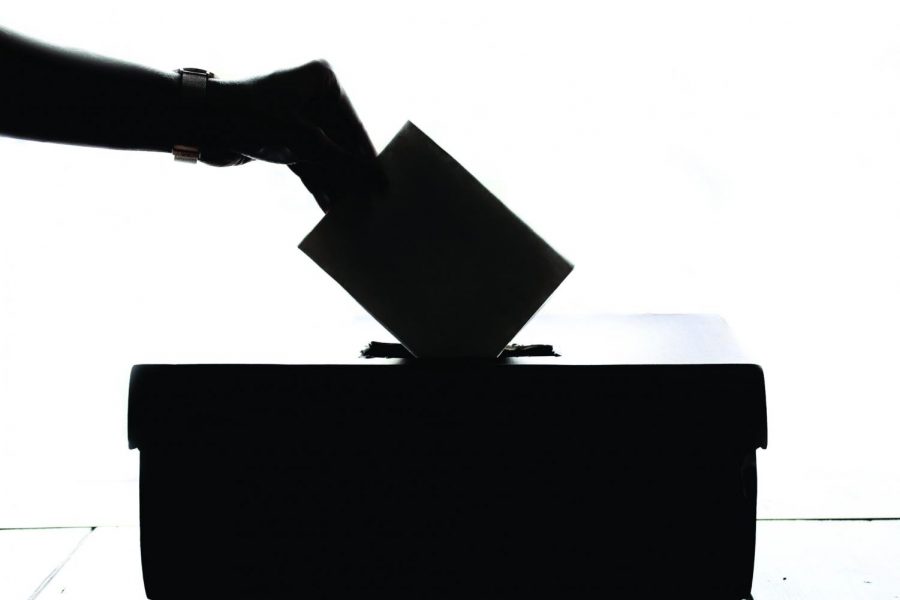Don’t comdemn non-voters
Opinion Columnist Colin Horning evaluates the norm of shaming those who choose not to vote.
Oct 8, 2020
The UNI Political Science Society held a virtual session on Monday, Oct. 5, talking about the topic “The Politics of Supreme Court Vacancies.” The event featured UNI political science professors Justin Holmes and Scott Peters discussing the current Supreme Court vacancy, the nomination of Judge Amy Coney Barrett and public opinion of the Supreme Court.
Monday’s event was an example of the political science department’s current effort to interact with students on a more personal level.
“We’ve really been trying for the last year or so to think of ways we can interact with students a little less formally and little more frequently outside of class,” Peters said.
He added that while “it’s typical of the department to do a lot of panel discussions and presentations and talks and things like that both within the community and outside,” they now wanted to do something less formal by simply gathering students and faculty to chat about current events and answer questions.
Peters started off the meeting reminding students that it was the first Monday in October, meaning that it was by tradition the start of the Supreme Court’s term which runs from October to September. There are already many important cases on the Supreme Court’s docket for the year, including a major case concerning the Affordable Care Act, with others to be added throughout their term.
“When we think of all this and we think about the passing of Justice Ruth Bader Ginsberg and the fact that if she is replaced, which looks to be likely, by Trump nomination Judge Amy Coney Barrett, the direction of the court is likely to change considerably on some key issues,” Peters said.
The nomination process for Barrett has generated controversy due to the rapidly approaching presidential election, with many Democrats arguing that Ginsberg’s seat should not be filled until after the election to give the American people a chance to influence the selected replacement.
The situation is further contested due to a similar situation which occurred in the final year of President Barack Obama’s term following the death of Justice Antonin Scalia. At that time, citing the same arguments the Democrats are currently employing, the Republican-controlled Senate blocked Obama’s nomination until after the election.
Peters noted that there have been only 114 Supreme Court justices in the history of the United States and that there is no actual rule condemning someone for filling a vacancy prior to elections.
Provided that Republican Senators have the votes and can physically be present on the Congress floor to vote, he believes they can do this and there is no way that he can think of that the Democrats can use to stop the Republicans in this situation.
Holmes then discussed how public approval means little to the courts, as they are not elected but appointed, and that there is little public role in reference to courts. He covered topics like approval of the courts, knowledge of the courts, appointments and issues before court. He also talked about how little people seem to know about the courts and only seek out information when news about them spikes.
Following Holmes’ presentation, the floor was open for discussion. The group talked about the problems involving the legitimacy of the government and that people were starting to question it. They talked about the many doubts that surround elections and government decisions, as well as the fear of contested elections that may go to the Supreme Court.
Others mentioned their opinions that the nominations for justices keep getting younger. The group discussed that this trend could be a strategy to elongate their serving term or just for the fact that the younger they are, the less cases they have handled, meaning less ammunition for the opposing side.
The meeting ended with Peters reminding everyone that policies may not always have the same effect as they were designed to create.

















